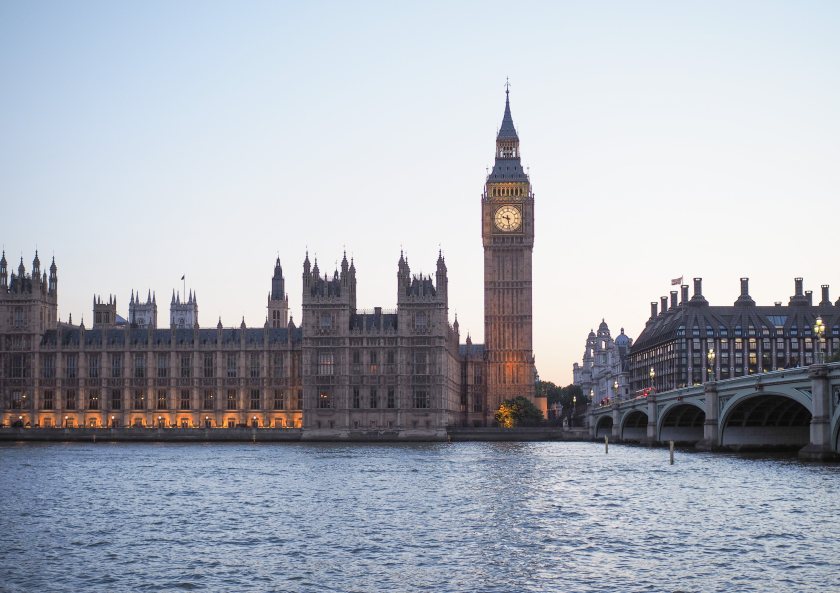
The NFU has written to the chancellor outlining its key asks ahead of the autumn statement – chief among them being the need for an agriculture budget of £5.6 billion.
The new Labour government has been urged by the union to deliver an increased agriculture budget as farmer confidence is at its lowest level since records began.
The industry's budget in the previous parliament was £3.1 billion a year, but the NFU said the government now needed a 'renewed and improved' financial plan for farmers.
The NFU explained: "It is worth emphasising that, rather than 'money for farmers', this is about safeguarding our food security and our farmed environment.
"It is funding that will give farmers the confidence to invest for the future and help make the government's aims around sustainable food production, affordability of food, energy security, the environment and net zero possible."
The NFU commissioned the Andersons Centre to model the public funding required to deliver the government’s ambitions for agriculture in England over the 2025 to 2030 period.
The research indicated that an annual agricultural budget for England of around £4 billion would support the delivery of a balanced agricultural policy.
Respecting the nature of devolved government, the NFU and Andersons estimated that this would translate to a UK-wide budget of around £5.6 billion.
The upcoming autumn budget will be the first for the new Labour government and will be their chance to set out their financial priorities for the next parliament.
The previous chancellor, Jeremy Hunt, delivered the last budget in spring, which saw some assurances on agricultural property relief and devolved funding for rural areas.
However, he also faced criticism from the farming industry on the removal of tax reliefs for furnished holiday lettings (FHLs).
New Chancellor Rachel Reeves will deliver the budget on 30 October after which MPs will spend several days debating the plans before being asked to approve the proposals.
“It has been reassuring to hear the new government recognise that food security is national security,” wrote NFU President Tom Bradshaw in his letter to Ms Reeves.
“What farmers, growers and the public now need to see are practical policies that deliver on this shared mission."
The NFU is also seeking confirmation that there will be no changes to agricultural property relief (APR) which currently exempts farmland from inheritance tax.
The union believes that any removal of APR would unlikely raise much in the way of tax, but could lead to a contraction in the amount of rental land for farmers.
This would then have a wider impact on food security if landowners were to remove their land from tenancies and from food production, it said.
A consultation was also needed ahead of the proposed abolition of the FHLs regime which comes into effect in April 2025, the NFU added.
Announced by the previous government, the change to the taxation of FHLs was done in a bid to increase the properties available for more permanent rental.
However, it strongly opposed similar plans in 2009 and will do so again, with the FHL regime seen as an important source of diversification for farm businesses.
Mr Bradshaw concluded: “I hope the chancellor will consider announcing these policies at the autumn budget to give farmers the security and confidence to be able to plan for the future and grow their businesses.
